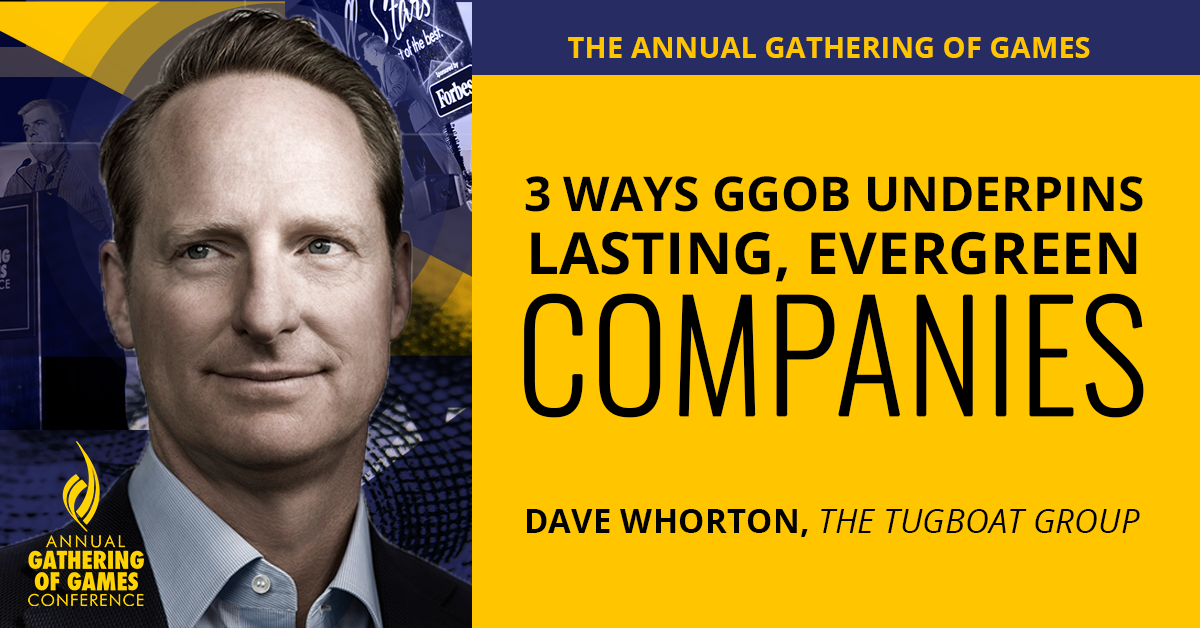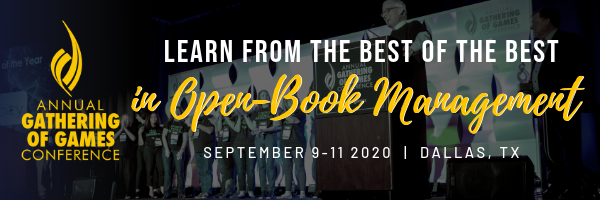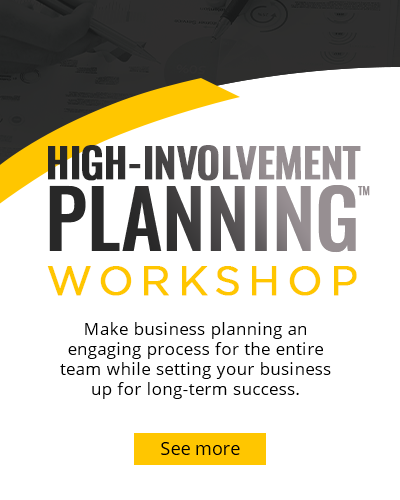
I believe Evergreen™ businesses are the most important companies in our society today—successful, profitable, and lasting companies, those that positively impact their employees, customers, suppliers, communities, and most importantly, families. These companies are fueled by purpose, put people first, and are committed to continually growing to last 100 years—or more. In many Evergreen companies, GGOB plays an essential role in the competitive advantage that these businesses enjoy.
Encouraging a Long-Term Planning Horizon
A defining characteristic of Evergreen businesses is that they grow steadily over the long-term. Leaders of these companies must have focused discipline on long-term strategy, balance short-term and long-term performance, and grow steadily and consistently from year to year. GGOB approaches like High-Involvement Planning™ serve to keep teams focused on long-term goals, helping to build companies that last, and last, and last.
Empowering Teams
The core philosophy of Great Game™—to teach employees the rules of The Game, keep score to simply and consistently inform the players if they are winning or losing and who is accountable, and share in the rewards of success—is a deeply People First approach. It empowers every employee to be a business leader and problem solver, not just a recipient of top-down instructions. And, it brings teams together around the most important issues facing a company and relies on the collective wisdom and energy of the team to overcome even the toughest of obstacles, in often unexpected ways.
People First guides Evergreen leaders to build teams motivated by mission, culture, and total compensation in the belief that by taking care of their team, employees will in turn take care of the customers, suppliers, partners, communities, and their families.
Fostering Innovation
When teams come together regularly to share challenges and opportunities while appreciating the constraints under which the business must operate, they are inspired to continually improve and innovate in creative ways. GGOB practices, like the Critical Number™ and MiniGames™, supports the Evergreen principle of Pragmatic Innovation, which encourages taking capital-efficient, calculated risks to innovate creatively within constraints.
I love to hear stories from Evergreen business leaders who are realizing the significant benefits of GGOB in their businesses. GGOB and Evergreen principles reinforce and build upon one another to help companies profitably grow and adapt for the long haul and make a positive impact on families, communities, and society. This is capitalism at its best.
Learn insights on creating a successful, profitable, and lasting business with Evergreen and Great Game in a live practitioner panel hosted by Dave Whorton at the 27th annual Gathering of Games.
Other Articles You Might Like:
- Five Reasons You Need to Attend the Gathering of Games
-
One Sentence Employee Engagement: 20 Words To Gain Emotional Commitment
.png)








.png)




-5.png)

